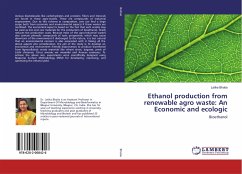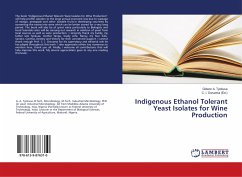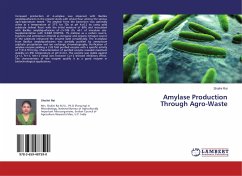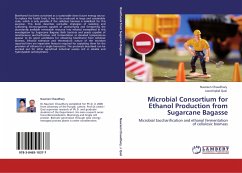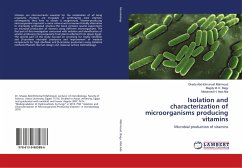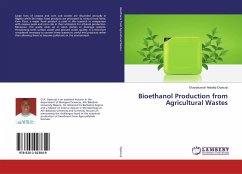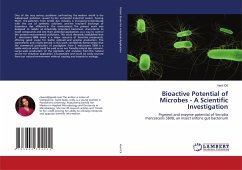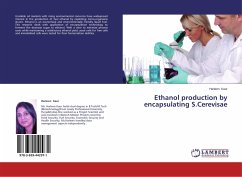Various biomolecules like carbohydrates and proteins; fibers and minerals are found in these agro-wastes. These are compounds of industrial engrossment. Due to this richness in composition, one can find a large scope both from economic and environmental aspects if these wastes are reutilized. The economical aspect is based on the fact that such wastes may be used as low-cost raw materials for the production of bioethanol, finally reduces the production costs. Because most of the agro-industrial wastes also contain phenolic compounds of toxic prospective; which may cause downturn of the environment if discharged to the nature, it is but natural that an environmental concern is also associated with it. Taking all the above aspects into consideration, the aim of the study is; To develop an economical and environment friendly bioprocesses to produce bioethanol from lignocellulosic waste materials like wheat straw, bagasse, peels of Litchi chinensis, Citrus sinensis var mosambi and Ananas cosmosus. To achieve the above aim, experiments were scientifically designed using Response Surface Methodology (RSM) for developing, improving, and optimizing the ethanol yield.
Bitte wählen Sie Ihr Anliegen aus.
Rechnungen
Retourenschein anfordern
Bestellstatus
Storno

